Nyaradzayi Gumbonzvanda's Landmark Visit to Panama Marks a New Era for Women's Rights in Latin America and the Caribbean
Date:
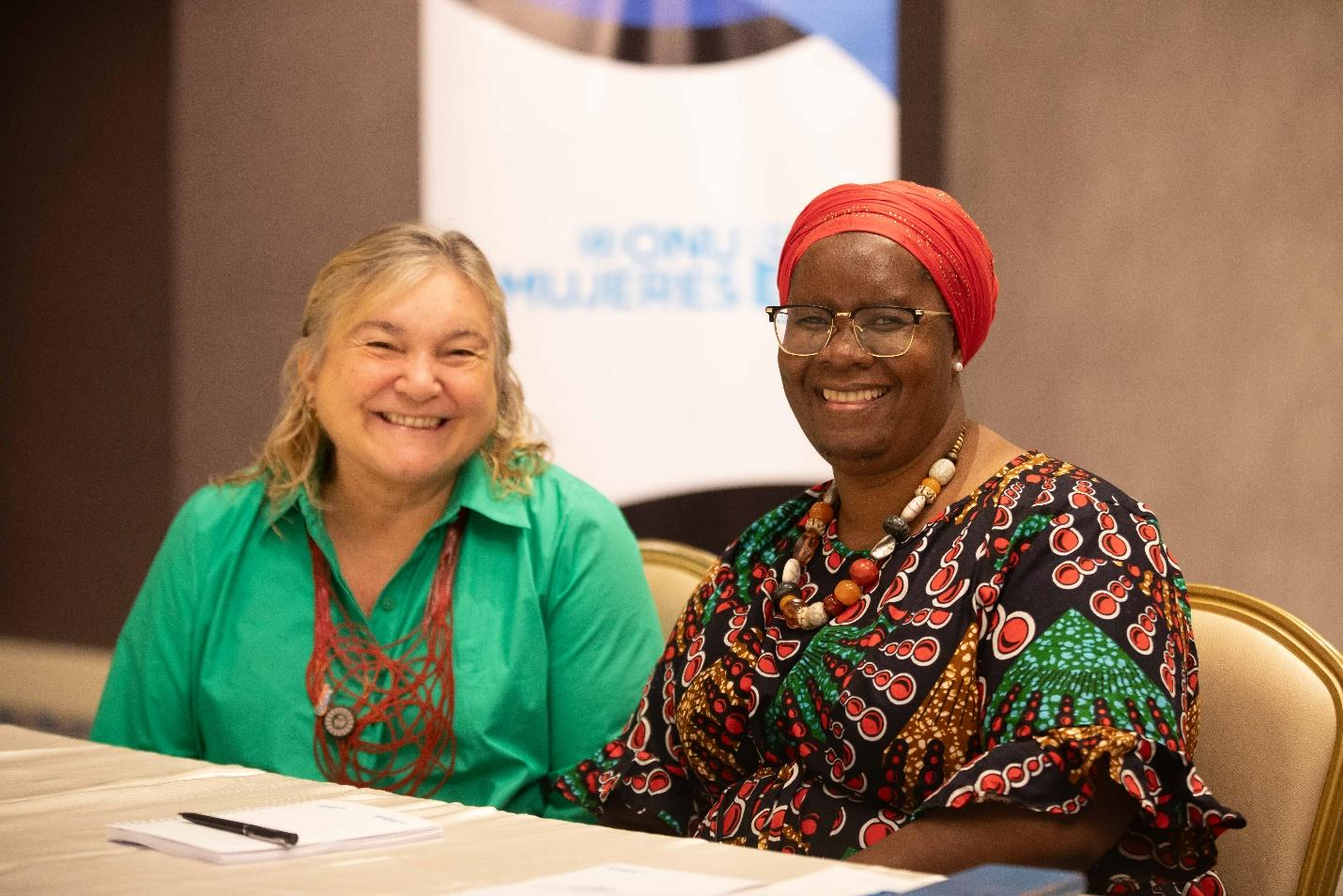
Panama City, Panama — From April 10 to April 13, 2024, UN Women's Deputy Executive Director Nyaradzayi Gumbonzvanda embarked on her first official mission to the Americas and Caribbean region, which began in Panama. This visit not only marked a significant first in her tenure but also highlighted the region's active advancements in gender equality and intersectional inclusion with a focus on women from rural environments, indigenous women, afro-descendant women, and women with disabilities.
Upon arrival in Panama City, the Deputy Executive Director's agenda was robust, focusing on reinforcing the UN Women's initiatives under the broader program, "Advancing the Creation of an Enabling Environment for the Recognition of Persons with Disabilities as Rights Holders and Active Members of Panamanian Society." Funded by the United Nations Partnership on the Rights of Persons with Disabilities (UNPRPD) and in collaboration with UNESCO and PAHO/WHO, these initiatives are pivotal in shaping an inclusive society where rights are acknowledged and upheld.
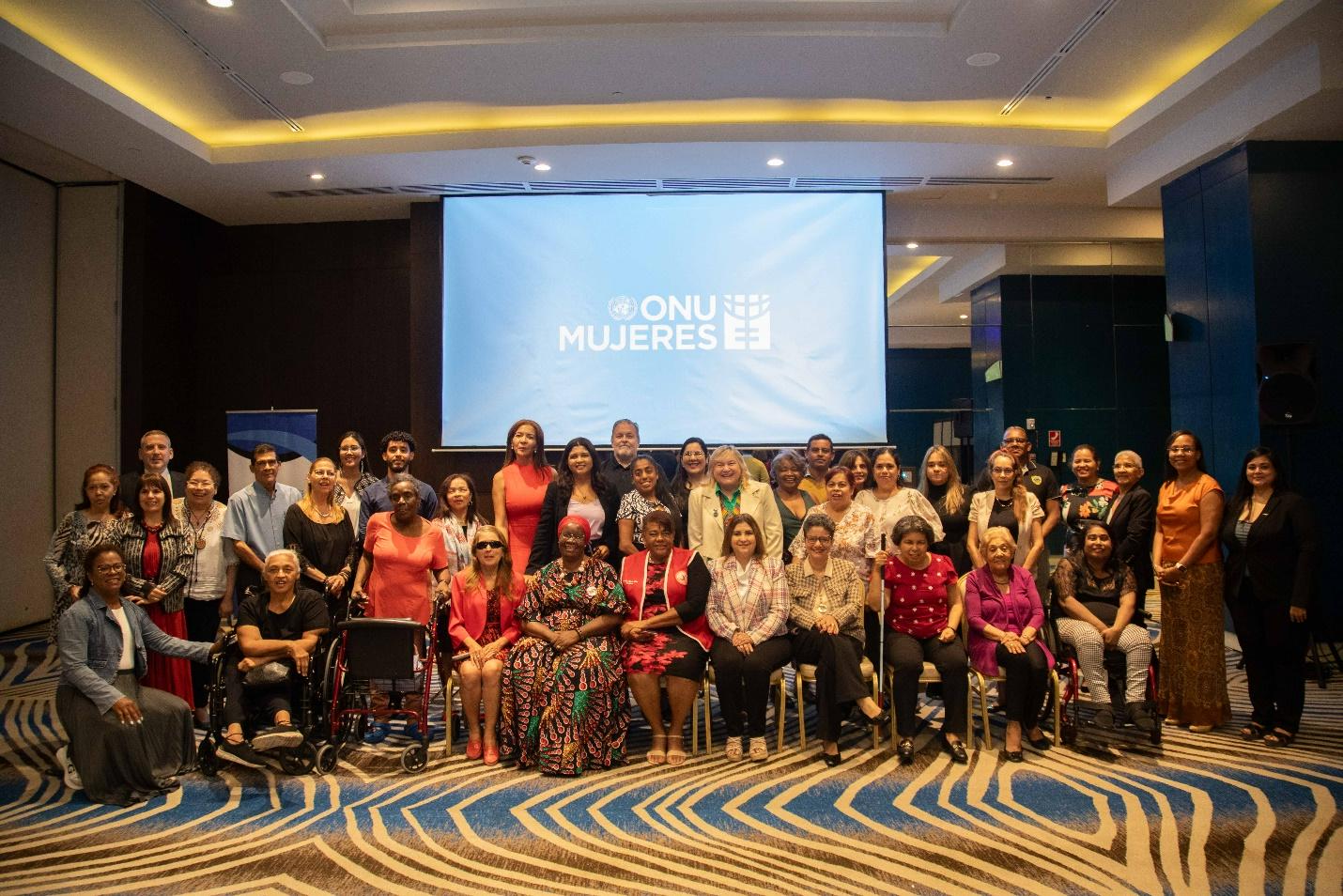
A significant highlight of the mission was the Rural Women's Decade Launch Summit, where the Deputy Executive Director witnessed the vibrant community spirit and listened to heartfelt pleas from local leaders like Luisa Ruanda. "We are setting new benchmarks for empowerment in rural areas, demanding recognition and participation in national affairs as dignified stakeholders of our society," Luisa stated, emphasizing the transformative potential of such engagements.
The visit concluded with a roundtable where the Deputy Executive Director discussed with local NGOs and government agencies the importance of sustaining these dialogues and turning them into actionable policies that ensure no one is left behind.
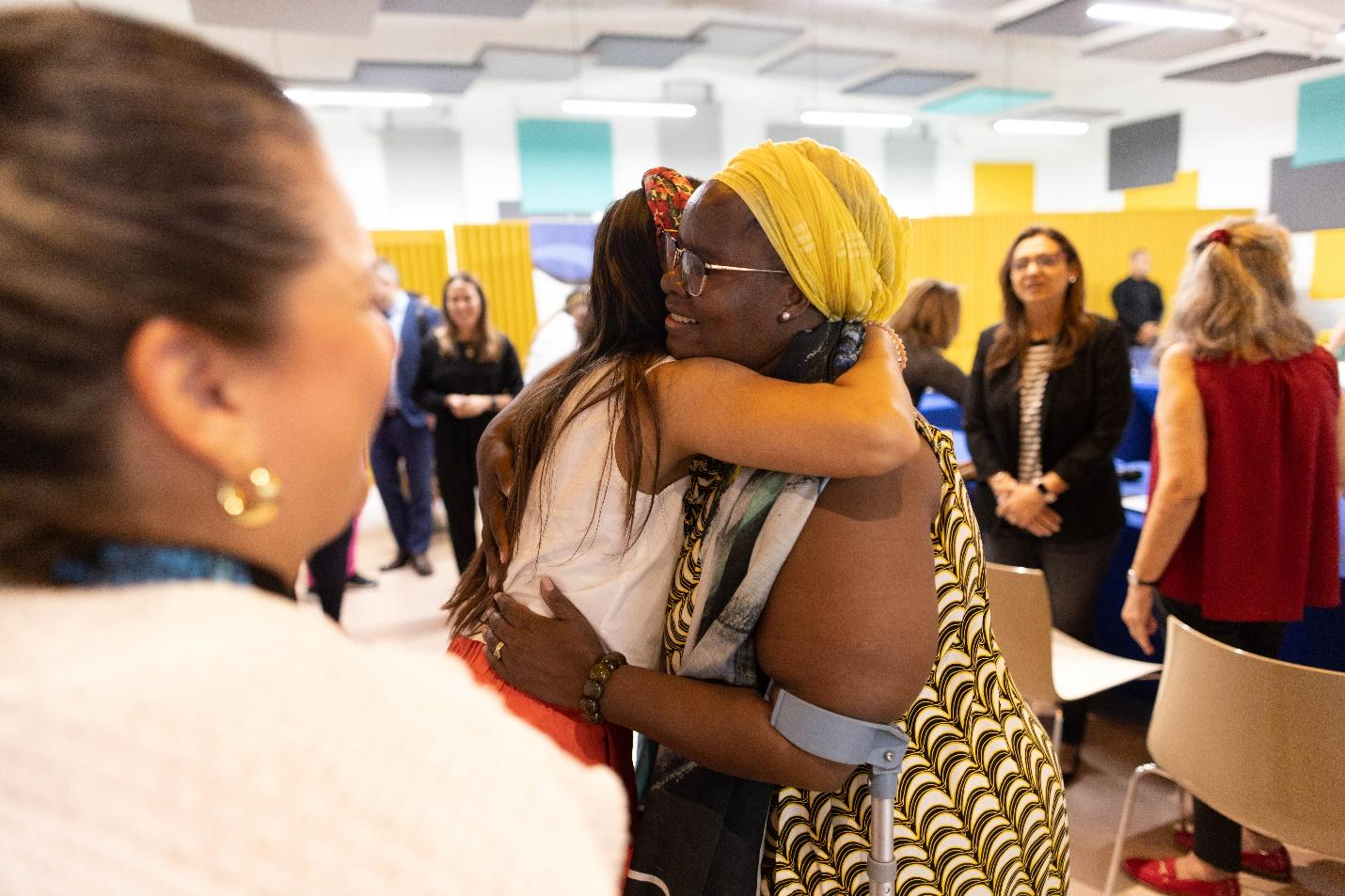
"It is a profound honor to kickstart my engagements in this region by directly interacting with those driving the gender equality agenda," the Deputy Executive Director reflected. "These interactions are not only enlightening but also crucial in shaping our approach to supporting Panama and its neighboring countries."
Her schedule included crucial policy discussions with Ana Patricia Graça, UN Resident Coordinator in Panama, and high-level meetings with local ministers to foster support for gender-responsive policies.She met with the ministers at the presidential palace, Palacio de las Garzas, where they discussed the national and regional implications of their collaborative work.
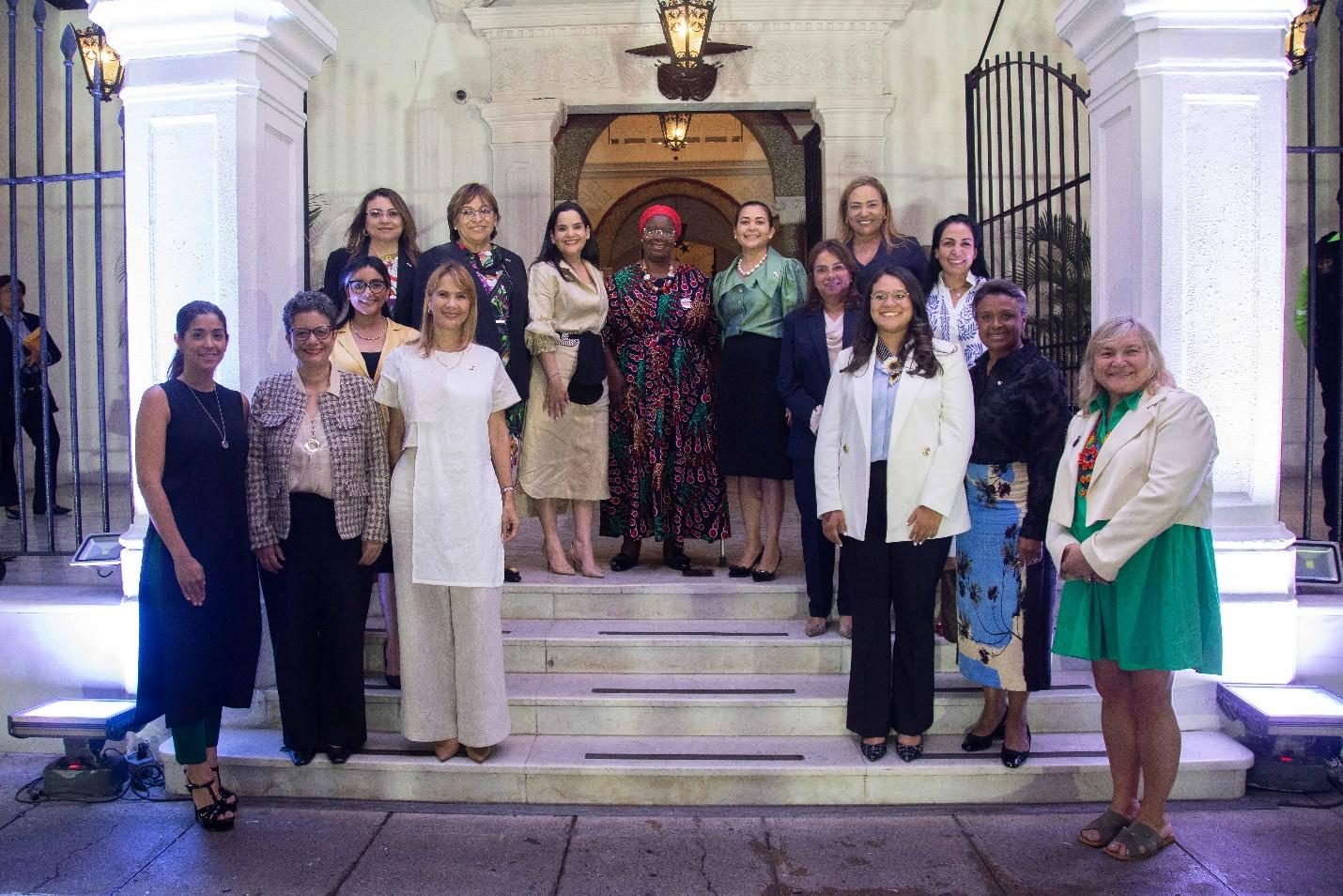
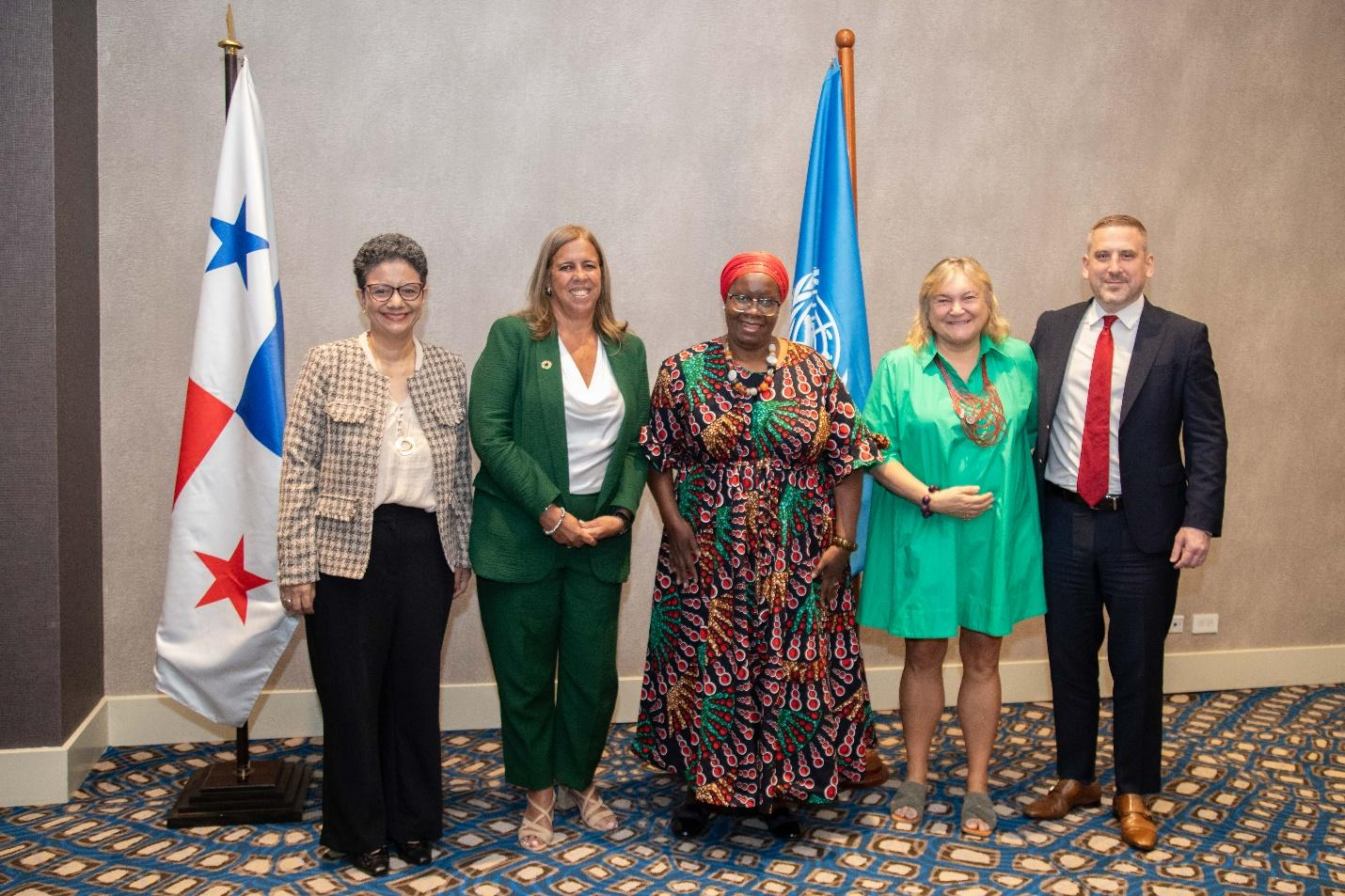
The Deputy Executive Director also visited local initiatives, including the Local Care Table in Juan Díaz. This pilot project exemplifies the practical implementation of care systems that are inclusive of women and girls with disabilities. These visits provided invaluable insights into the direct impact of policy on community welfare and the everyday lives of Panamanian women.
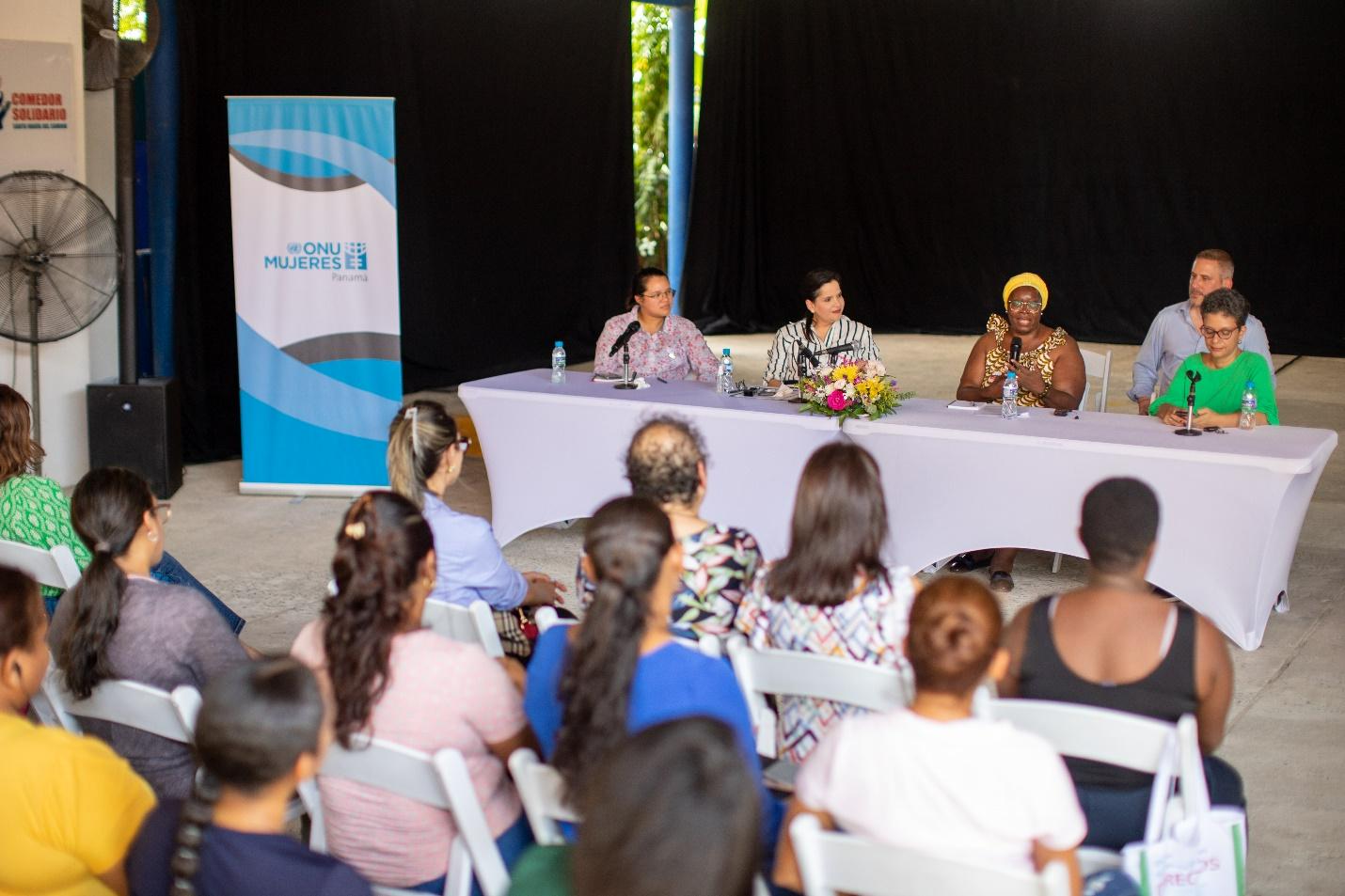
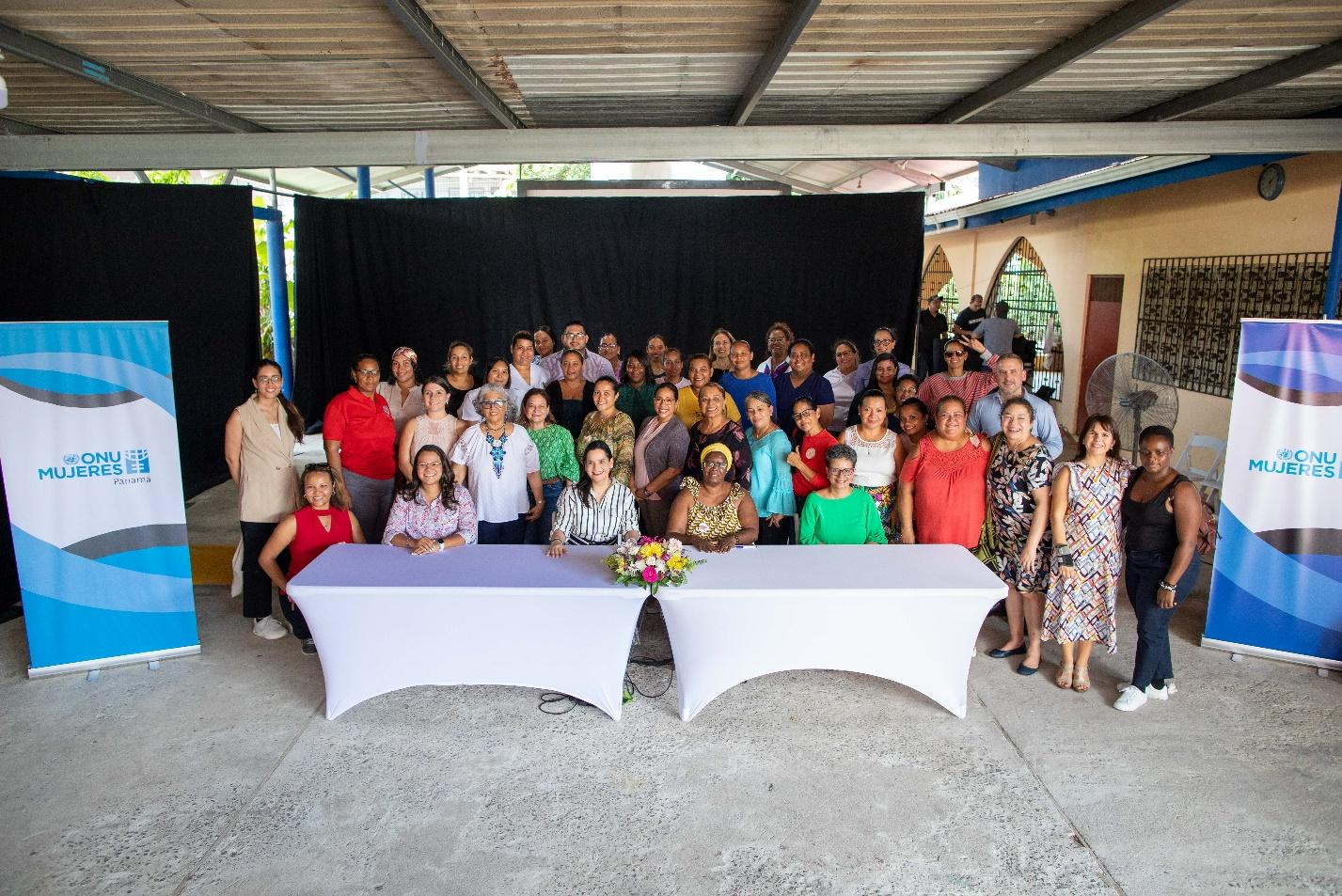
One of the key events was a strategic meeting where the Deputy Executive Director engaged with leaders of the feminist movement from Panama and the surrounding regions. The discussions revolved around the pressing challenges these communities face, especially regarding regional threats to human rights. This engagement also provided a platform to align the feminist agenda with the UN Women Strategic Plan, ensuring that the agreed conclusions of CSW68 effectively resonate throughout the initiatives in the region.
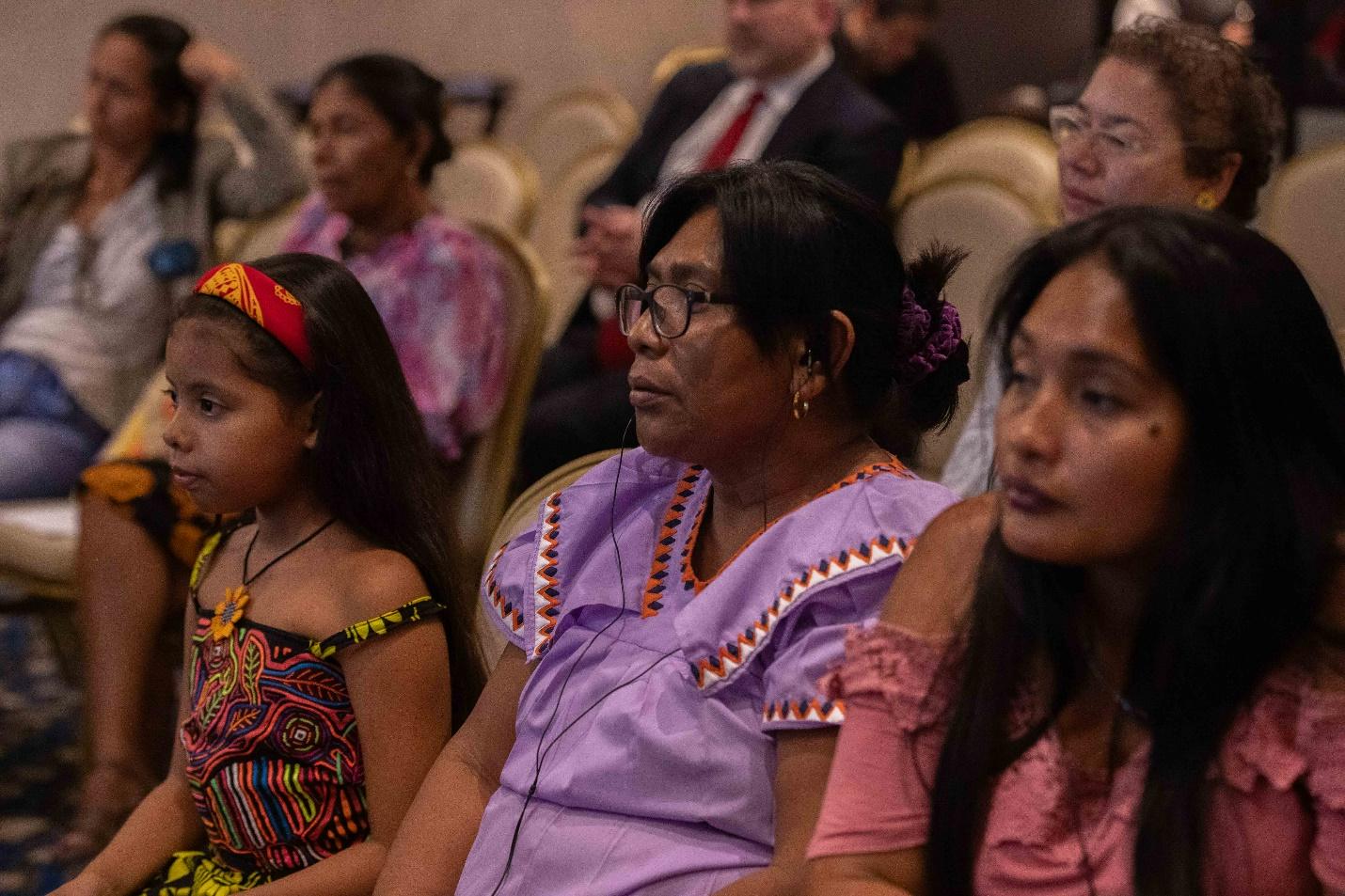
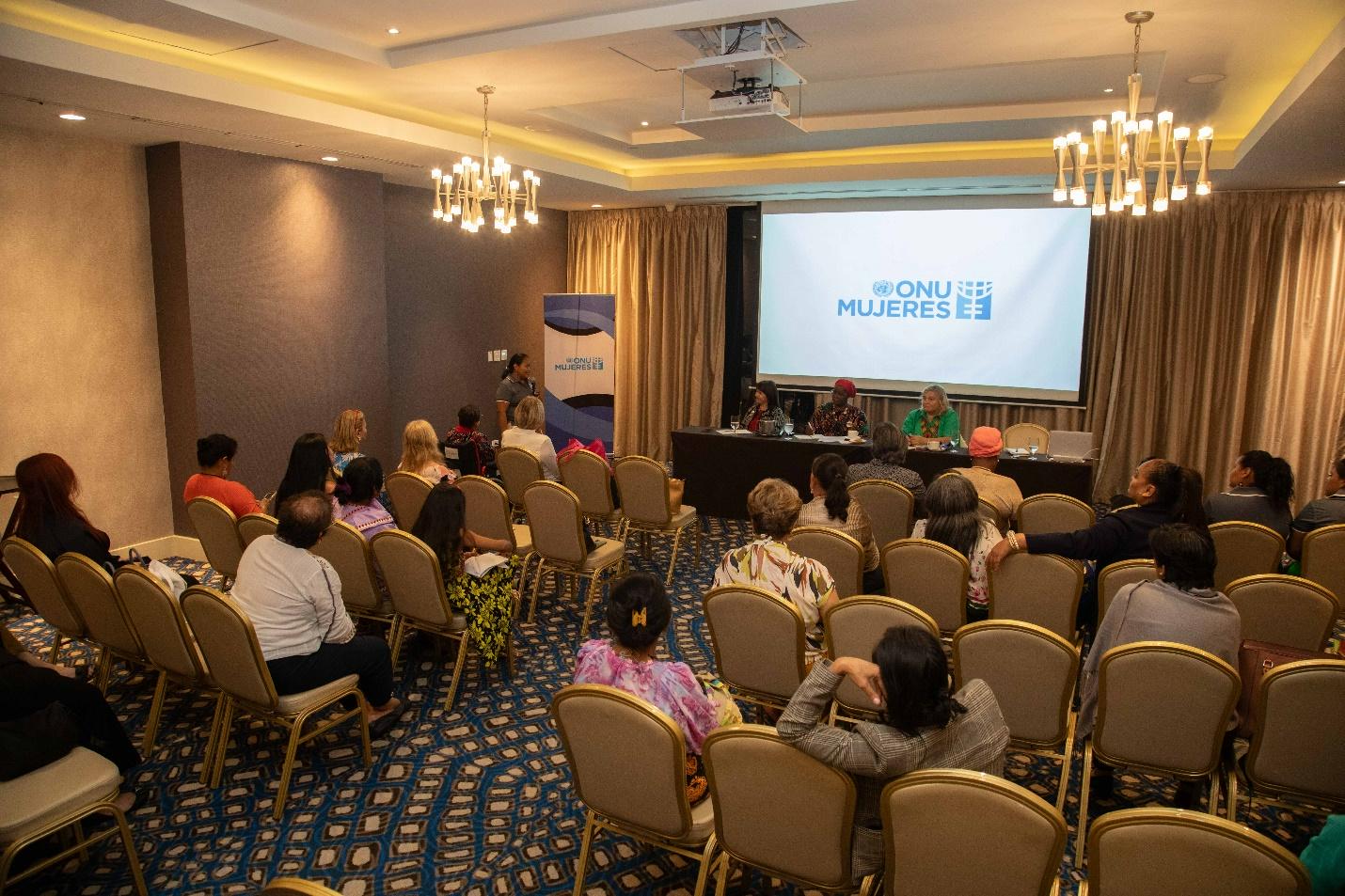
In her interactions, whether with government officials, civil society, or the local communities, Deputy Executive Director Gumbonzvanda emphasized the necessity of intersectional approaches that consider the multiple and intersecting challenges women face. Her visit culminated in a series of reflective sessions with UN Women staff and regional leaders, discussing the progress made and the journey ahead.
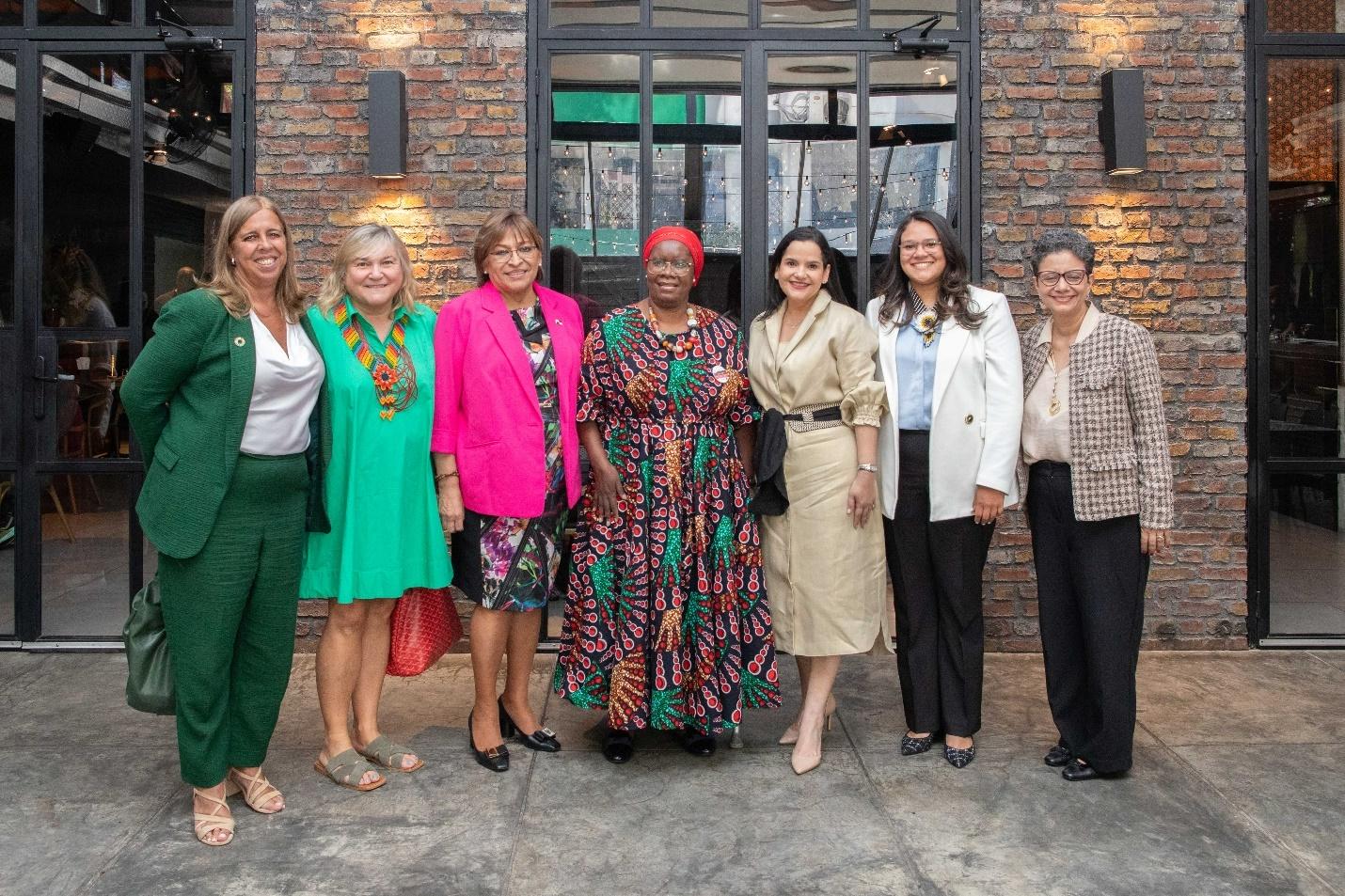
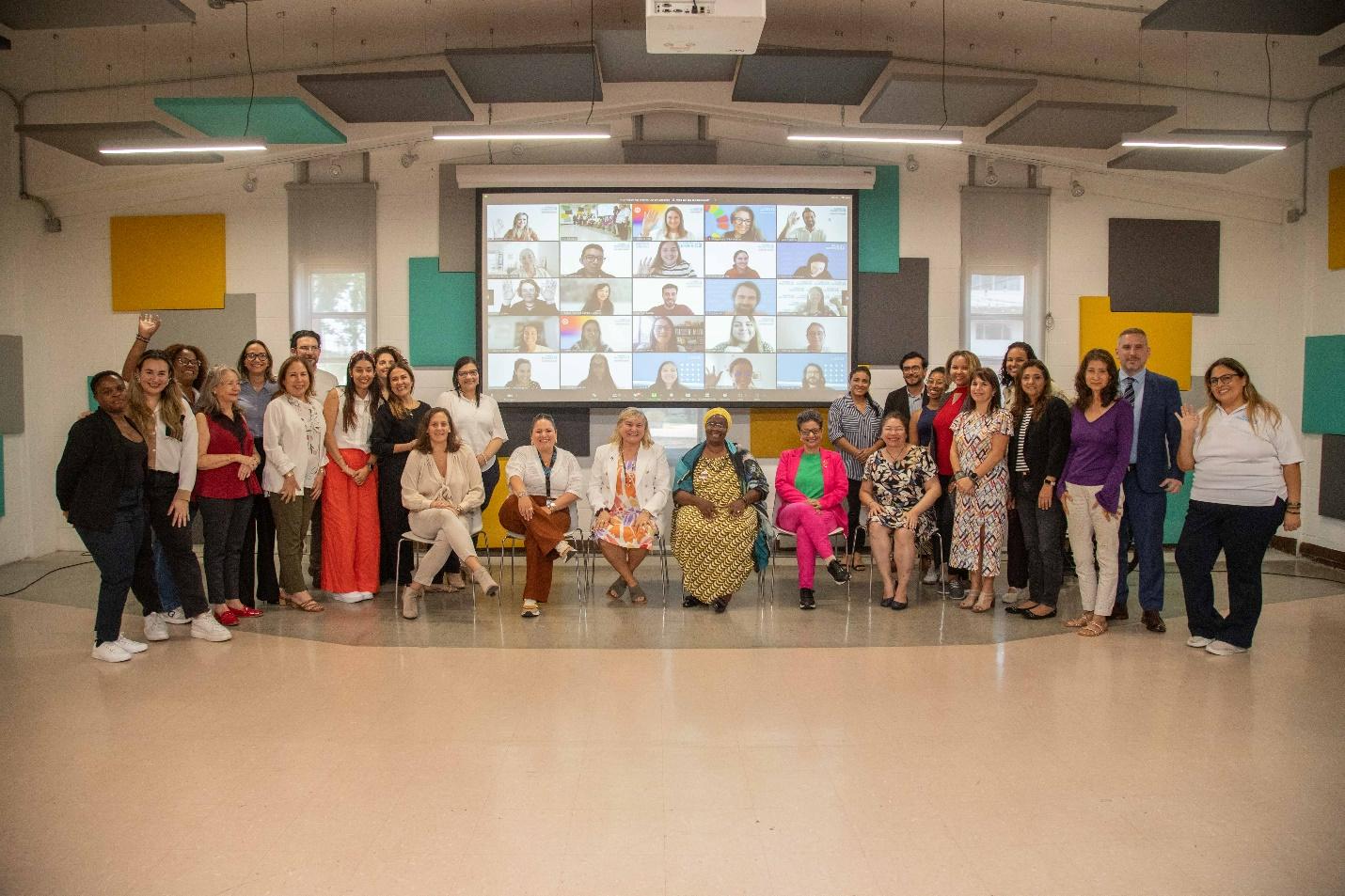
As Nyaradzayi Gumbonzvanda concluded her visit with a symbolic stop at the Panama Canal — a testament to human ingenuity and perseverance — she reflected on the canal's metaphorical significance in bridging gaps in gender equality and human rights.
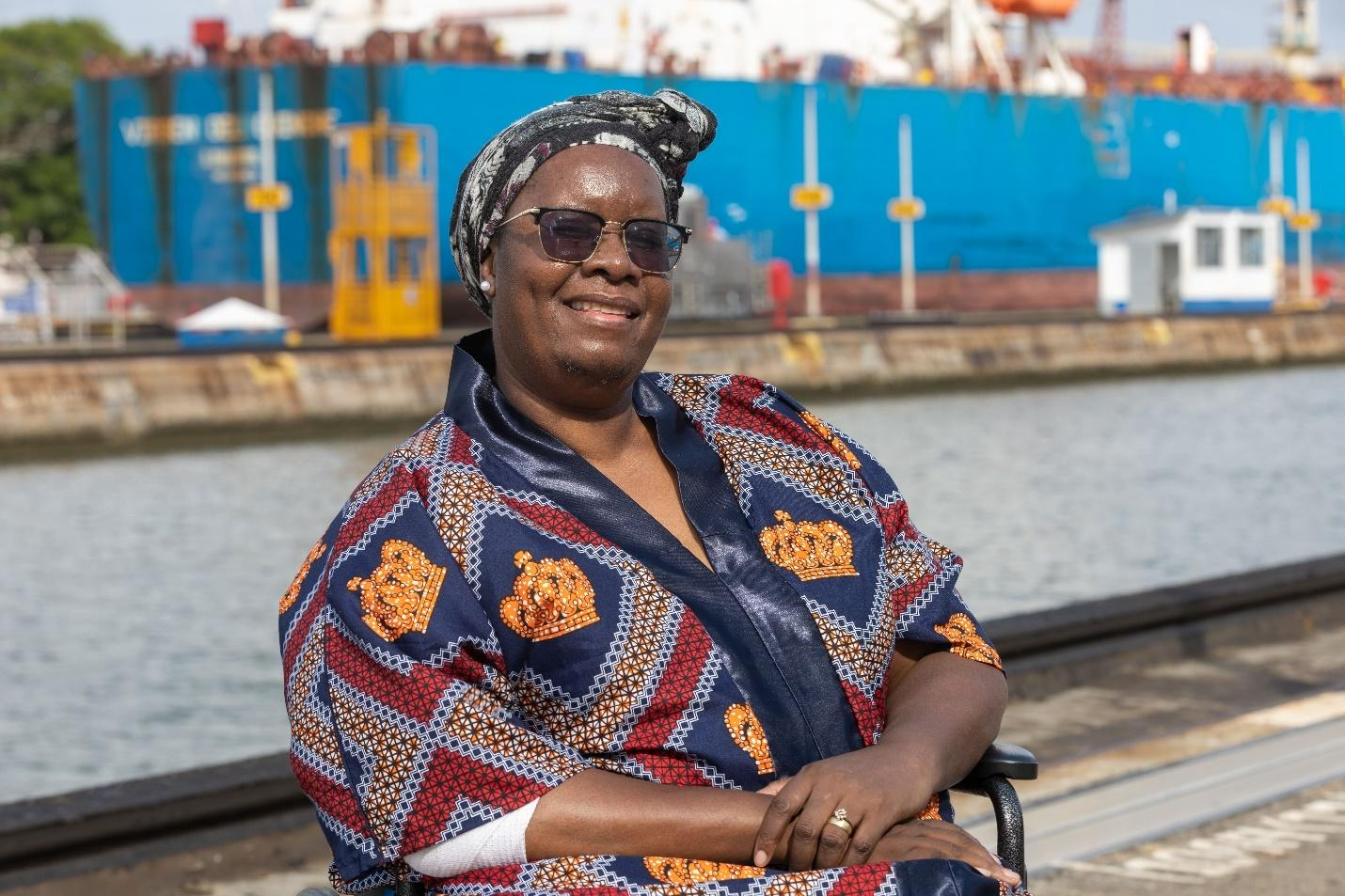
This inaugural visit by the Deputy Executive Director to the Latin America and Caribbean region sets a strong precedent for future engagements. It reaffirms UN Women's commitment to promoting actions that contribute to gender equality and highlights the critical role of inclusive policies in achieving sustainable development goals. As UN Women continues to advocate for the rights and inclusion of all women, especially those living with disabilities, the impact of such high-level engagements resonates far beyond the immediate context, promising a brighter, more inclusive future.